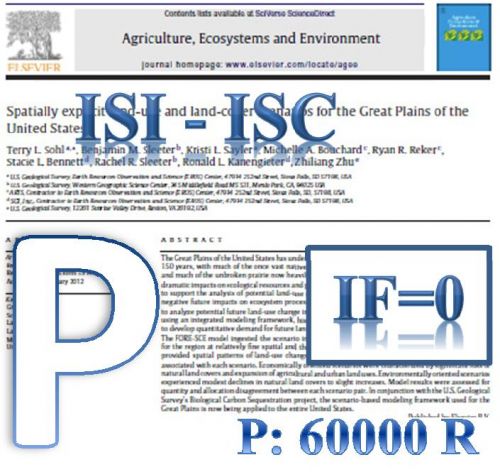With respect to the global events, Islamic Republic of Iran faces some issues that has not ever experienced. Considering the necessity of preserving sacred ideals of the regime, these issues are so specific that reengineering or investigating similar observations of other countries is practically impossible or inefficient. Meanwhile, it can be referred to economic issues which should be contrived with innovation and creativity. Resistive economy is one of the most fundamental concepts propounded by the Supreme Leader in this scope. Resistive economy is not a sectional or reactive tactic in response to the current phenomena but it is a perfect doctrine aiming at changing the country to a developed economy or achieving competitive advantage and an international economic power. The purpose of the present study was to investigate the effect of resistive economy’s components on creating competitive advantage in organizations in 2004. The statistical population included governmental and private organizations of Tehran. Using the formula of sample size of an infinite population, 45 managers were selected as the statistical sample. To evaluate the reliability of each of the applied questionnaire’ items, Cronbach’s alpha was computed (0.9041); the obtained value was higher than 0.7, indicating a high reliability of the model. To analyze the obtained data, descriptive and referential statistics (regression test and Pearson Product correlation coefficient) were used through SPSS software. As the findings revealed, resistive economy and all its components, especially two components of emphasis on domestic production and increasing productivity, highly influenced creating competitive advantage in organizations.
کلید واژگان :Resistive economy, Supreme Leader, Competitive Advantage, Domestic production, Productivity
ارزش ریالی : 600000 ریال
با پرداخت الکترونیک
